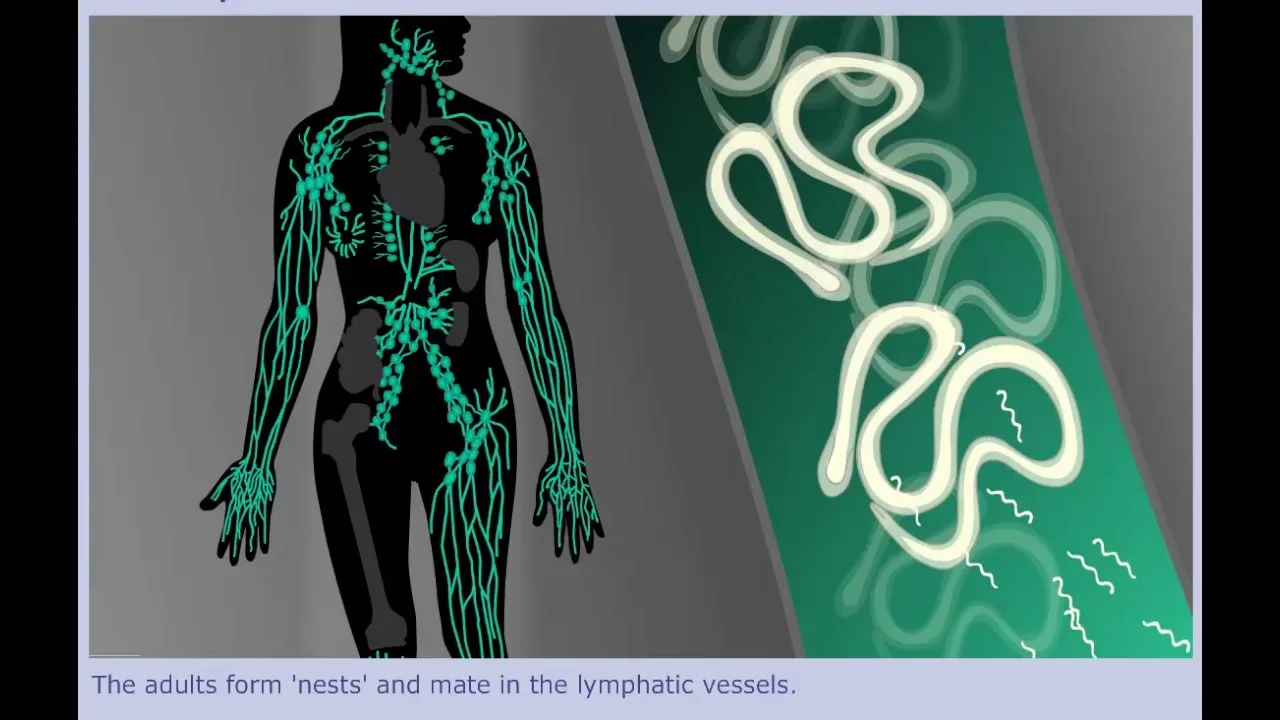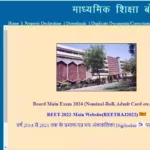Lymphatic filariasis, also known as elephantiasis, is a chronic parasitic disease caused by microscopic thread-like worms belonging to the Filarioidea family. This debilitating illness, classified as a neglected tropical disease (NTD) by the World Health Organization (WHO), primarily affects individuals residing in tropical and subtropical regions. While often asymptomatic in its early stages, chronic infection can lead to severe and disfiguring complications, impacting not only physical health but also causing significant social and economic hardship.
Transmission and Lifecycle:
The primary mode of transmission for lymphatic filariasis is through the bite of infected female mosquitoes. These mosquitoes, belonging to various genera like Anopheles and Culex, acquire the parasite larvae while feeding on an infected individual. The larvae mature within the mosquito and migrate to its mouthparts. When the infected mosquito bites a human, the infective larvae are deposited onto the skin. They then penetrate the bite wound and enter the lymphatic system, a network of vessels responsible for draining fluid and waste products from the body tissues.
Within the lymphatic system, the larvae mature into adult worms, typically residing in the lymph vessels and nodes. These adult worms can live for several years, reproducing and releasing microfilariae, the microscopic offspring, into the bloodstream. While microfilariae themselves do not cause significant harm, their presence in the blood is crucial for the diagnosis and transmission of the disease.
Symptoms and Complications:
The early stages of lymphatic filariasis often go unnoticed, with individuals exhibiting no apparent symptoms. However, chronic infection can lead to a range of complications, including:
- Lymphoedema: This is the hallmark feature of the disease and refers to the abnormal accumulation of fluid in tissues, causing swelling in the limbs, breasts, and genitals. It can be incredibly painful and significantly impact mobility.
- Elephantiasis: In severe cases, the persistent swelling associated with lymphoedema can lead to thickening and hardening of the skin and underlying tissues, giving rise to the characteristic elephantine appearance of the affected body part.
- Hydrocele: This condition involves the accumulation of fluid in the scrotum, causing significant swelling in males.
- Lymphangitis: This refers to inflammation of the lymph vessels, often accompanied by fever, chills, and redness of the affected area.
Impact and Burden:
Lymphatic filariasis remains a significant public health concern, with over 882 million people living in endemic areas, primarily in Southeast Asia, Africa, and the Americas. The disease not only causes physical suffering but also leads to significant social and economic hardship. Individuals with visible signs of the disease, particularly elephantiasis, often face stigma and discrimination, restricting their social interactions and limiting employment opportunities. Additionally, the chronic and debilitating nature of the disease can significantly impact income-generating capacity, perpetuating a vicious cycle of poverty and neglect.
Prevention and Control:
Fortunately, lymphatic filariasis is a preventable and treatable disease. The primary strategy for controlling its spread is mass drug administration (MDA). This involves the annual administration of a combination of safe and effective medications to entire endemic communities, regardless of their infection status. This approach aims to reduce the microfilariae levels in the blood, ultimately interrupting the transmission cycle and preventing new infections.
Conclusion:
Lymphatic filariasis is a neglected tropical disease with devastating consequences for millions worldwide. However, concerted efforts through mass drug administration programs and public health awareness campaigns offer a ray of hope. By prioritizing the elimination of this disease, we can alleviate the suffering of individuals and communities and pave the way for a healthier future.



